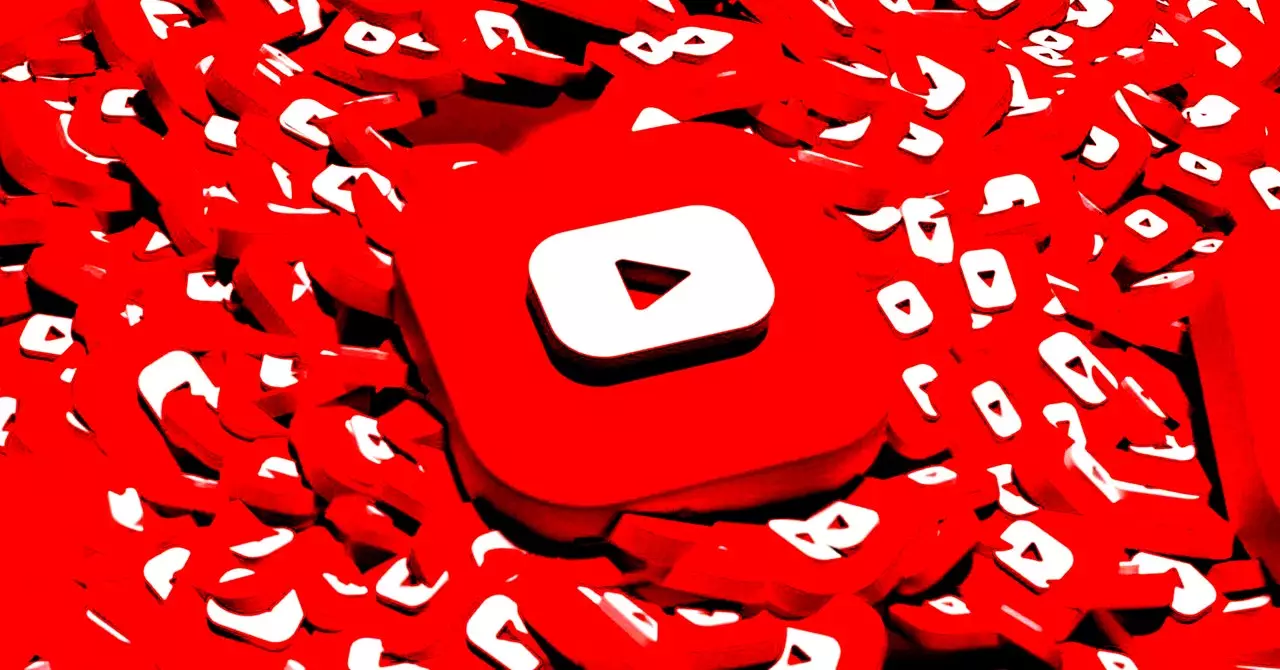The recent legal battles between content creators and tech giants like Meta and OpenAI have shed light on the murky waters of fair use in the age of AI. Questions surrounding permission, payment, and consent have come to the forefront as creators fight to protect their intellectual property from being exploited by algorithms. The removal of content from official sites does little to ease the concerns of creators, as files continue to circulate on various file-sharing platforms.
Creators, especially full-time YouTubers, are facing an uncertain future as they navigate the ever-evolving landscape of content creation. The rise of AI-generated content poses a threat to their livelihood, with fears of unauthorized use and outright copycats becoming a harsh reality. The power of AI was made evident to creators like Pakman when he stumbled upon a fake video on TikTok that used his own script, vocalized by a voice clone of a popular media personality. This incident serves as a stark warning of the potential dangers posed by AI in content creation.
The use of AI to scrape and replicate content raises serious ethical concerns among content creators and consumers alike. Companies like EleutherAI have come under fire for their data mining practices, with allegations of unauthorized scraping and exploitation of creators’ work without their consent. The cofounder of EleutherAI himself admitted to using a script to download YouTube subtitles, raising questions about the boundaries of fair use and the ethical implications of AI-generated content. Despite YouTube’s terms of service prohibiting automated means of accessing videos, the code used by EleutherAI has garnered significant support from the tech community, highlighting the ethical gray areas in content creation.
The case of Einstein Parrot, a popular YouTube channel with nearly 150,000 subscribers, underscores the privacy concerns associated with AI-generated content. The caretaker of the African grey parrot expressed her apprehension about the ways in which her bird’s information could be used without her consent. The idea of creating a digital duplicate parrot or worse, making it curse, raises serious privacy and ethical concerns about the boundaries of AI in content creation. As more creators grapple with the implications of AI-generated content, the need for clear guidelines and regulations becomes increasingly apparent.
As the debate surrounding AI in content creation continues to escalate, there is an urgent need for regulations and guidelines to protect the rights of creators and consumers. The unchecked use of AI to scrape and replicate content poses a significant threat to intellectual property rights and privacy. Content creators must advocate for stricter regulations to ensure that their work is not exploited by tech companies for financial gain. Consumers, on the other hand, must remain vigilant about the sources of AI-generated content and demand transparency from companies about their data mining practices. Only through collaborative efforts can we navigate the ethical and legal challenges posed by AI in content creation and safeguard the integrity of creative work.


Leave a Reply